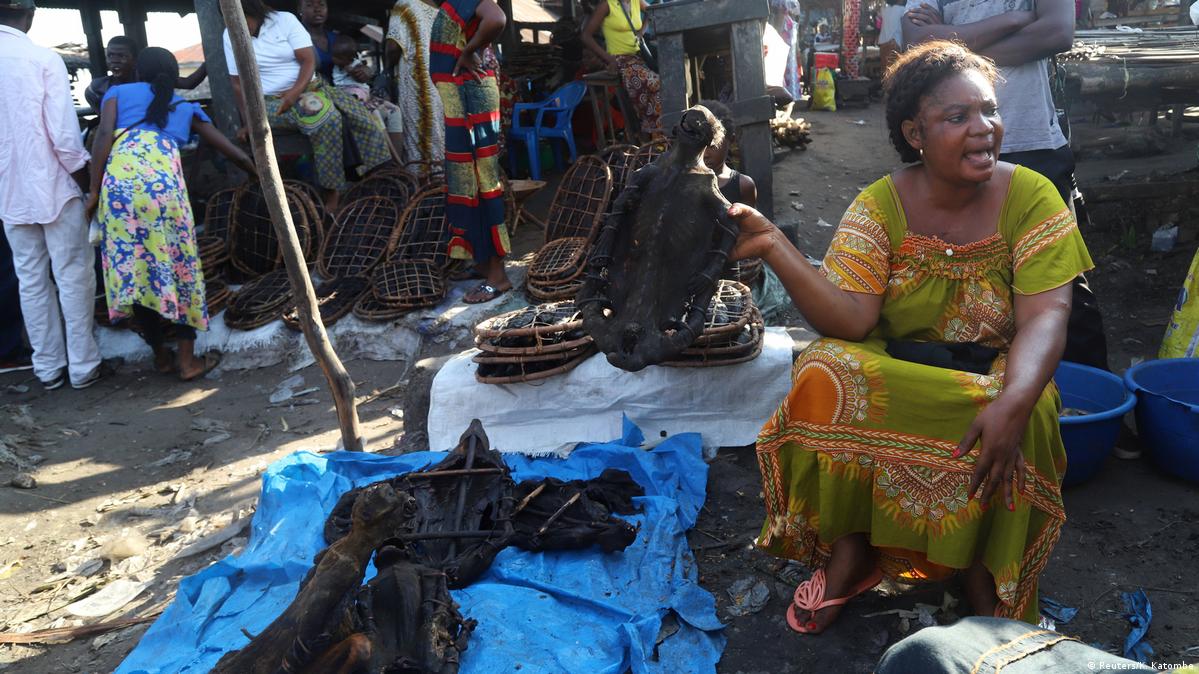Examining the Socio-economic and Health Vulnerabilities of Female Bushmeat Traders in the Context of COVID-19 in Ghana
As one of the 23 research projects, the Women Rise initiative seeks to support gender-transformative research on the intersection of women’s health and COVID-19. The initiative aims to fill critical knowledge gaps about factors affecting women’s health during and after COVID-19. Through this, the Women Rise initiative will generate evidence that can inform post- COVID-19 recovery. The Ghana case study examines female bushmeat traders’ socio-economic and health vulnerabilities during and after COVID-19. Even though bushmeat trading has long been a major livelihood activity for women, there is a dearth of knowledge on the health hazards of the trade, including women’s exposure to zoonotic diseases. The project is led by the Centre for Biodiversity Conservation Research of the University of Ghana and Canada’s York University. The project is funded by International Development Research Centre (IDRC). The project’s general objective is to examine the interrelated factors that determine women’s livelihood challenges and opportunities in the context of COVID-19, drawing on the case of women bushmeat traders in Ghana. The methodology entails qualitative and quantitative data collection instruments and the participation of key stakeholders in Ghana’s bushmeat trade.
objectives
The project seeks to: Understand how the COVID-19 pandemic and its interventions have affected women in the bushmeat trading Identify the institutional, structural and cultural dynamics that foster or otherwise undermine these women’s efforts to make a living during and after the COVID-19 pandemic Examine the strategies used by these women not only to alleviate their socioeconomic and health vulnerability but also to sustain their resilience amid COVID-19 Draw lessons to provide input into Ghana’s COVID-19 recovery programme and provide training and material interventions.

